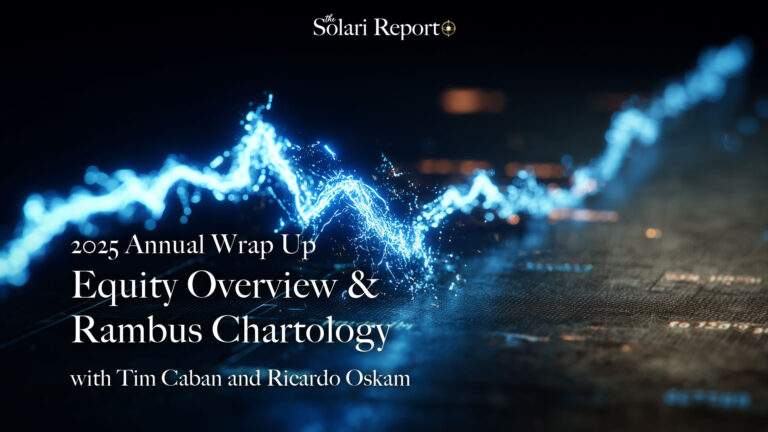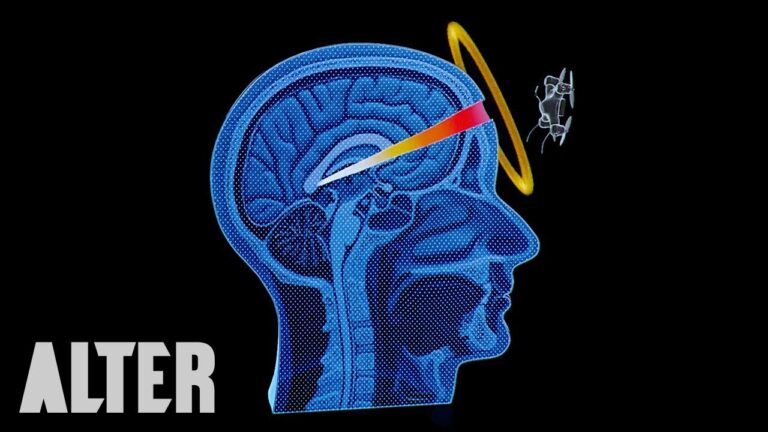Goldman Sachs, the nation’s most powerful financial company, has reported the richest quarterly profit in its 140-year history: $3.44 billion between April and June. Goldman’s record profits come just one month after it repaid $10 billion of TARP money to the US Treasury, freeing itself from restrictions on year-end bonuses. We speak to Matt Taibbi, whose new Rolling Stone article argues that “Goldman Sachs has engineered every major market manipulation since the Great Depression.”
15 Comments
Comments are closed.























































































































I wonder if the Governor of Texas now has a Goldman problem as well:
http://www.statesman.com/news/content/gen/ap/TX_Dewhurst_Hidden_Wealth.html
Catherine Austin Fitts – Summer Intern Goldman NYC 1977 – I worked half the summer in the Mergers Department while Steve Friedman was running it and Bob Rubin was on the trading floor running the arbitrage department. The other half of the time was in the Fixed Income Department and Equity Sales. The next year at business school I persuaded Gary Gensler to interview with Goldman Sachs. When I took him to the Goldman party, the person who ran recruiting told me I had to get him a new suit. So we went to Brooks Brothers where I helped Gary buy a new suit. He ended up going to Goldman Sachs but not until he taught me how to tour on a bicycle…hence my ride across the country..now he is the Chairman of CFTC.
Goldman is a beaurocratic arm diligently doing it’s job–making money. Ilargi over at the Canadian Automatic Earth points out the red-button problem and suggests we get a grip on our real power:
Right, enough with the Goldman Sachs bashing… If your government stubbornly and steadfastly refuses to -in order to stop the cheating and lying- apply the laws where they’re applicable, and change them where they need change, why would you expect Goldman to stop engaging in their favorite pastimes? … Blaming Goldman Sachs for your problems and your anger is nothing but a cheap diversion. Who did you vote for, and if it was the Democrats, what are they doing with their new found power? How is today different from 6 or 4 or 2 years ago? How different? Do you still believe in that change, or is it time to change your beliefs? Whatever you do, don’t blame Goldman. Don’t even blame Obama. Blame yourself. In the end, that’s the only way you can keep a grip on power. And on your life.
We’re watching power lose legitimacy. I don’t know if it’ll be a fast crash or a slow burn, but examining our institutions (whether business, governmental, educational, or religious) and discovering they’re not what we hoped and expected them to be is like a teenager examining his parents and discovering their sorry humanity. Do we mature into self-relient, ethical, resilent people or blame others for our failure at not being the same? When I talk to adults about the systemic economic coup, fear generally appears in their eyes-they become like children again. To help, I often point them to this blog for constructive, comprehensive analysis–and to TAE if they have intestinal fortitude.
Our elected leaders have worked hard to bring home the pork.. which is comparable in scale to the political contributions. Small kick-backs for the overall grand losses that are created with massive fraud and fraud-ridden, over-complicated programs whose overhead employs a huge constituency and creates an ever increasing debt. No-bid contracts for some, special laws written that favor a few, or swelling the Treasury with GS insiders who hire their friends to manage a bailout that has only transferred money to a few and created more debt for everyone else.
States are now in a situation where they are searching for funds.. not a lot different than if Washington had been closed down. Would we be any worse off if the Congress had been on vacation for 8 or 10 years? If California legalizes marijuana and taxes it, other states will follow, grasping for dollars that are now going to drug cartels. This may be the only silver lining in this mess. If marijuana is legalized, what will the cartels use to replace this income, or have they already acknowledged this was going to happen and have laundered enough to switch to “legitimate” business.
Incumbancy is so powerful because people believe that their own representative is not the problem. It is all those other people. In cleaning out Washington, it will take a change in the mindset of the entire country and trust that new people can make a difference. We see what Obama’s change has brought.. a continuation of the same thing, with bills being ramrodded through without enough time for deliberation or public scrutiny, as if public scrutiny has any influence. The bailout was heavily opposed by the people, yet it was forced through and has had the expected outcome.. an extension of the period of time that any correction to the economy can be made. The interest rates have been dropped and those depending on interest income are getting nothing as the Fed prints money to cover obligations.
More and more people are losing their homes. With increasing unemployment, more people can’t maintain their homes and will turn to government aid which is already over-subscribed.
The few in Washington who have been working for the people and have a grasp of the folly of increasing borrowing finally have a voice, but are being thwarted by procedure to get transparency. The bailout passing against public sentiment is a clue that we have lost control. I’m am reminded of Hitler’s dramatic films to create an illusion of unity and compare them to the mind control used by those who used fear.. both after 9/11 and the meltdown to push through self-serving agendas.
Do our elected representatives have the gut-wrenching torment of job loss, foreclosure, lost retirement funds? Does Pelosi believe in anything? It has been over a year and finally a Commission is being created to delve into the mess, after the funds have been syphoned off. Why has it taken so long to do this? It should have been instituted immediately, instead of a bailout. The people would be in comparable situation, but at least there would have been a little confidence restored in our system.
Congress was bullied into a bailout, believing that if they didn’t act the economy would collapse. It has collapsed. The bacon that Pelosi has brought home has been eaten and more and more people are lined up for breakfast.
Keep up the good work Catherine!
I believe in your premise to re-localize commerce and government…
Ric.
Great points.
It is good to dig to find out what is going on. But we can get caught up in that and spend a lot of our energy “exposing” but not doing productive works to build something better. It is easy to have a scapegoat, but the scapegoat only functions to obfuscate the root causes.
great point guy…do you have specific suggestions for what people can do? i’d love to hear any and all perspectives you think are viable!